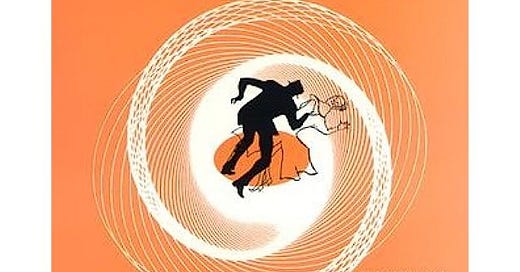Well little boys are always asked what they want to be when they grow up, and it must be said to my credit that I never wanted to be a policeman.
-HITCHCOCK TO TRUFFAUT
The world owes a debt of thanks to Hitchcock's able secretaries. For he himself kept no diaries, journals, or meditations on his art, they helped create a lasting record of the building plans for more than fifty years of filmmaking.
There is no doubt that many, if not most, of the important filmmakers of the second half of this century learned from looking carefully at his art. Virtually every member of the French new wave was an apt pupil of Hitchcock. In America, his students are everywhere. The most powerful and significant were the seventies boy wonders Spielberg and Lucas. Indeed, it would be difficult to find a filmmaker who was not shaped by Hitchcock and his work-even among the few out there who often react against the kind of tension Hitchcock created in his films.
There was a second element to this collection that I found personally moving. The uncompleted Hitchcock ouevre. From the fortunately short list of films that didn't come to fruition and from the pipe dream. The Cary Grant “Hamlet”(just a well-publicized afterthought that ended in court) and to the projects that fell apart because of star anxieties. Others fell apart for the usual reasons. But there were two deeply personal films that, despite his enormous power, despite his being one of the largest stockholders in MCA, he could not convince his friend and boss Lew Wasserman to let him make.
One project reached romantically back into his youth. The other, the one that perhaps caused Hitchcock the most pain, was a daring, provocative film that would have certainly been considered one of the great ones. This story of the unproduced Frenzy is the bittersweet connective tissue of this working "biography" of Hitchcock.
To begin to understand Hitchcock, you have to stand on the streets of Leytonstone, London, where he came from. The home that he was born into in August 1899 no longer exists. A blue oval plaque on a gas station marks the spot today. The town, though, is still the working-class community that it was at the turn of the century. His father was a grocer who died when his son was fifteen years old. His illness had forced the young Hitchcock out of school and into work.
Keep reading with a 7-day free trial
Subscribe to Hitchcock’s Vertigo to keep reading this post and get 7 days of free access to the full post archives.



